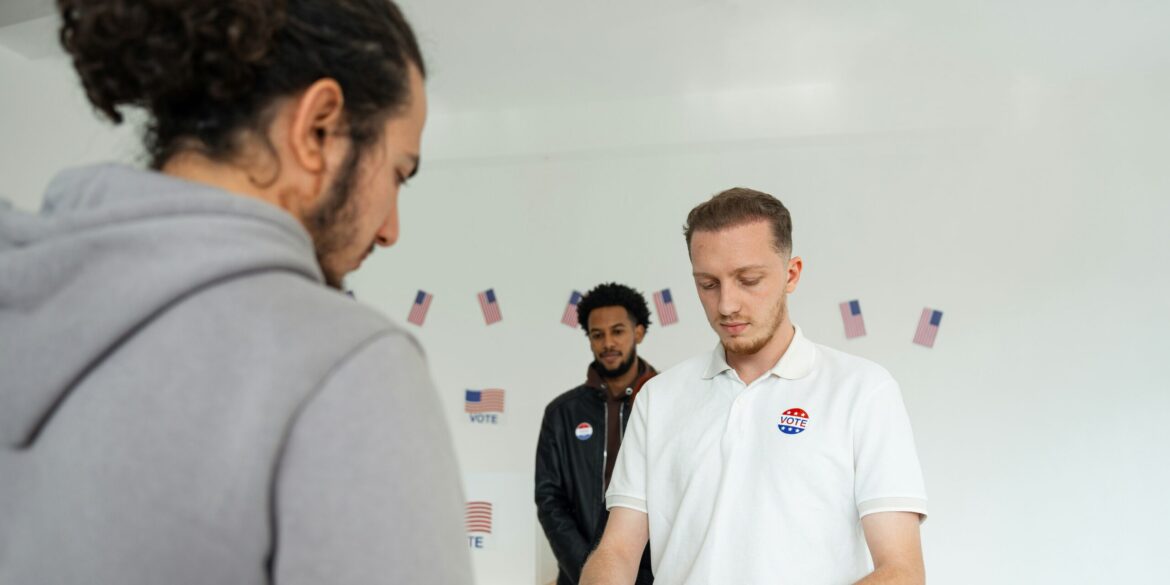In a significant move reflecting ongoing tensions over voting rights and local autonomy, the U.S. House of Representatives voted on June 10, 2025, to repeal a Washington, D.C., law that permitted noncitizens to vote in local elections. The bill, which passed with a 266-148 vote, targets the 2022 Local Resident Voting Rights Amendment Act. This legislation, if enacted, would prohibit noncitizens from participating in D.C.’s local elections, including those for mayor, city council, and other municipal offices.
Background and Legislative Details
The 2022 Local Resident Voting Rights Amendment Act allowed noncitizens residing in D.C. for at least 30 days to vote in local elections. Proponents argued that many noncitizen residents contribute to the community through taxes and civic engagement and should have a say in local governance. However, opponents contended that extending voting rights to noncitizens undermines the principle that voting is a privilege of citizenship.
The recent House bill, introduced by Rep. August Pfluger (R-Texas), seeks to overturn the D.C. law. Pfluger stated, “Free and fair elections are a prerequisite for a healthy republic. The radical D.C. Council’s decision to allow noncitizens—including illegal aliens and foreign agents—to vote in local elections dilutes the voting power of the citizen voter.”
Bipartisan Support and Opposition
While the bill saw significant support from Republicans, it also garnered votes from 56 Democrats, indicating a measure of bipartisan agreement on the issue. However, many Democrats and D.C. officials criticized the move as an overreach into local governance. Del. Eleanor Holmes Norton (D-D.C.) expressed disappointment, stating, “D.C. allows noncitizens to vote in local elections because it believes that all adult residents deserve a say in their local government.”
Implications for D.C. Governance
The House’s decision underscores the complex relationship between Congress and the District of Columbia. Under the Home Rule Act of 1973, D.C. has the authority to govern local affairs, but Congress retains the power to review and overturn local laws. This dynamic has led to ongoing debates about D.C.’s autonomy and the extent of congressional oversight.
Mayor Muriel Bowser’s office responded to the House vote by emphasizing the importance of self-governance, stating, “Mayor Bowser continues to oppose all congressional interference in the lives … D.C. will continue to fight to protect .”
Next Steps
The bill now moves to the Senate, where its fate remains uncertain. The Senate’s decision will be closely watched, as it will not only determine the status of noncitizen voting in D.C. but also signal how Congress may approach similar issues in other jurisdictions.
This development is part of a broader national conversation about voting rights, immigration, and the balance of power between federal and local governments. As debates continue, the outcome of this legislation will have significant implications for the residents of Washington, D.C., and potentially for other municipalities considering similar voting rights measures.

